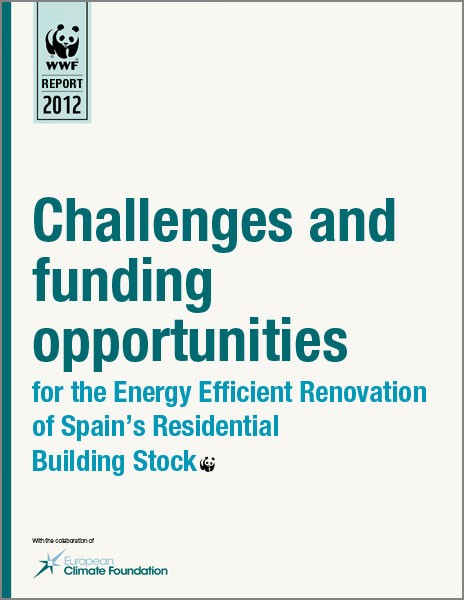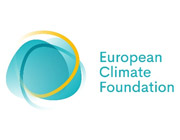
By Peter Sweatman and Georgios Tragopoulos
In 2010, WWF published a study entitled Potential energy savings and CO2 emissions reduction of Spain´s housing stock by 2020, analyzing the positive impact that the renovation of Spain’s residential building stock would have in terms of reduced energy consumption, economic stimulus and reduced CO2 emissions
To complement this study and review further the economic impact of its prior work, WWF worked with Climate Strategy & Partners in 2011 to produce this new report entitled Challenges and Funding Opportunities for the Energy Efficient Renovation of Spain’s Residential Building Stock..
Our report concludes that by 2020, Spain can deliver the deep renovation of 3.3 million housing units, through the creation and maintenance of 150,000 jobs and with the reduction of 8 million tons of CO2 emissions per year. The total investment required is 46.7 billion Euros to achieve this goal. 77% of this amount can be repaid directly in a period of 20 years, through the energy savings, 8% through the reduction of CO2 emissions and the remaining 15% through subsidies (direct and/or incentives). In addition, beyond 2020 we project that there will be no further need for direct subsidies, as the market will then be consolidated and future economies of scale will make it more profitable to renovate.
The report was launched during the event: “Energy Rehabilitation and Sustainable Construction: Efficient Buildings to come out of the crisis” at La Casa Encendida (Madrid) on February 2012, and can be downloaded with supporting materials through the following links:
